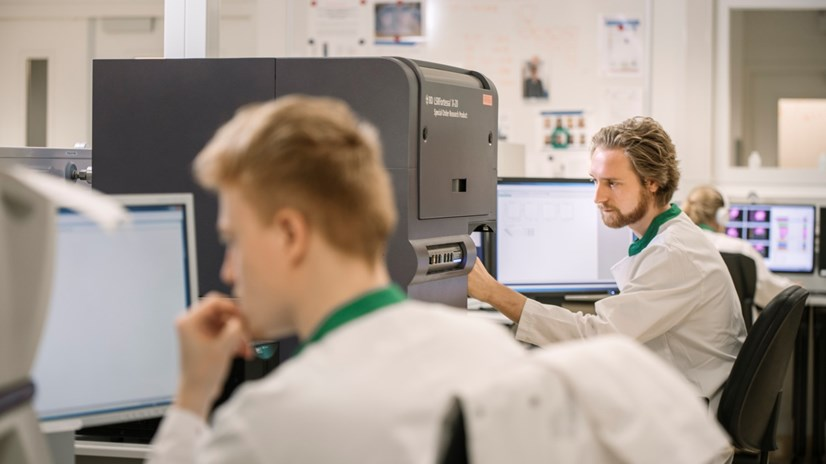Tumor Biology and Immunology
&width=826&height=464)
We study antigen receptor- and co-stimulatory receptor-associated signaling pathways and gene expression programs that regulate lymphocyte proliferation, survival, metabolism, effector- and memory differentiation. We focus on interactions between T cells and dendritic cells and also study dendritic cell development and dendritic cell-intrinsic pathways that impact on the T cell response.
Our interests
We have a long-standing interest in the mechanism of action of Tumor Necrosis Factor receptor family members. We have brought the initial discovery of one of these receptors (CD27, Tnfrsf7), in collaboration with biotech to an antibody-based drug that is currently in phase 2 clinical trials for cancer immunotherapy. We had a major research line on cell death and currently exploit this knowledge in work on "immunogenic cell death”, where we study the interaction between radio(chemo)therapy of cancer and immune responses. All this work is carried out in mouse models and in matching mouse and human cellular systems in vitro.
…We study antigen receptor- and co-stimulatory receptor-associated signaling pathways and gene expression programs that regulate lymphocyte proliferation, survival, metabolism, effector- and memory differentiation. We focus on interactions between T cells and dendritic cells and also study dendritic cell development and dendritic cell-intrinsic pathways that impact on the T cell response.
Our interests
We have a long-standing interest in the mechanism of action of Tumor Necrosis Factor receptor family members. We have brought the initial discovery of one of these receptors (CD27, Tnfrsf7), in collaboration with biotech to an antibody-based drug that is currently in phase 2 clinical trials for cancer immunotherapy. We had a major research line on cell death and currently exploit this knowledge in work on "immunogenic cell death”, where we study the interaction between radio(chemo)therapy of cancer and immune responses. All this work is carried out in mouse models and in matching mouse and human cellular systems in vitro.
We have a very broad expertise in biochemistry, cell biology and immunology. Our approaches include genome-wide mRNA expression analysis, proteomics and metabolomics and associated bioinformatic analyses. We also use high end in vitro cell differentiation and response assays with primary T cells and dendritic cells, as well as genetic interference, biochemical, microscopic and other types of assays. We perform in vivo analysis of the immune response in mouse models and analyze these experiments by advanced multicolor flow cytometry.